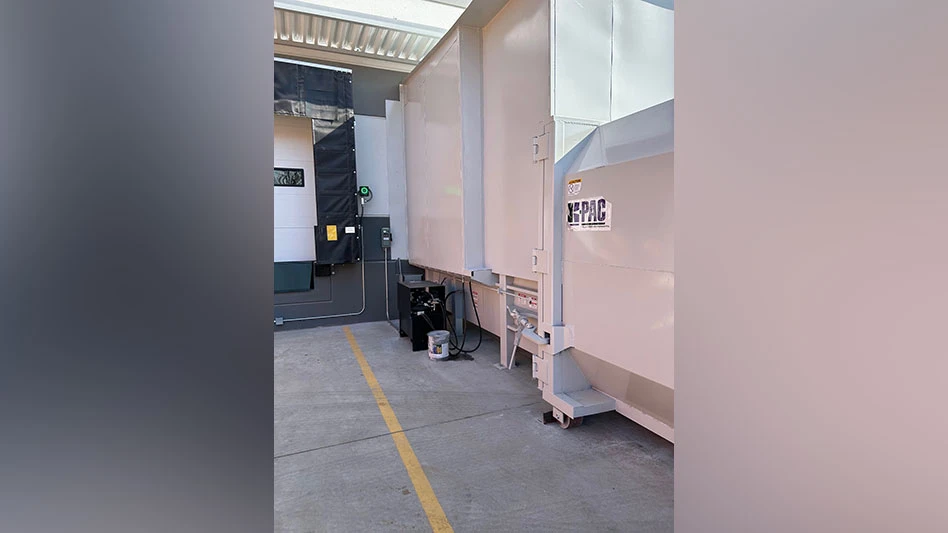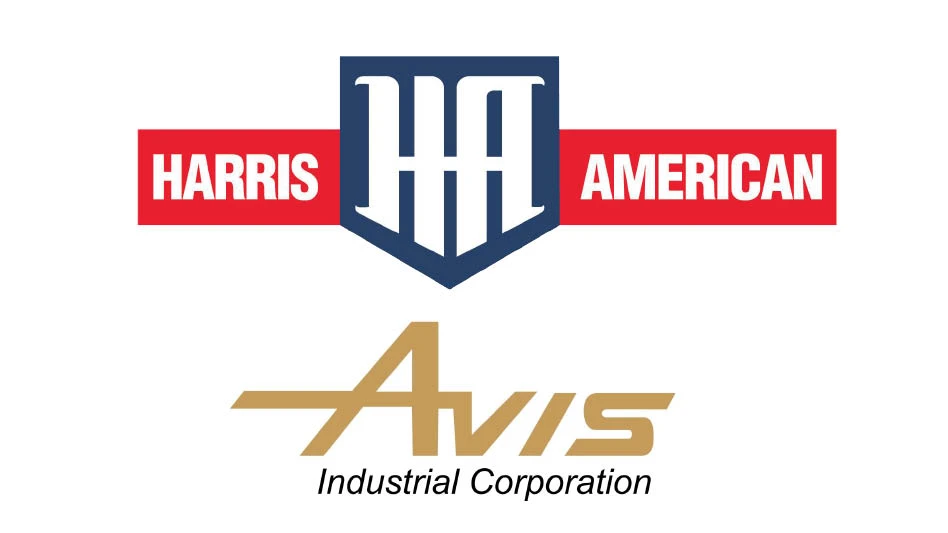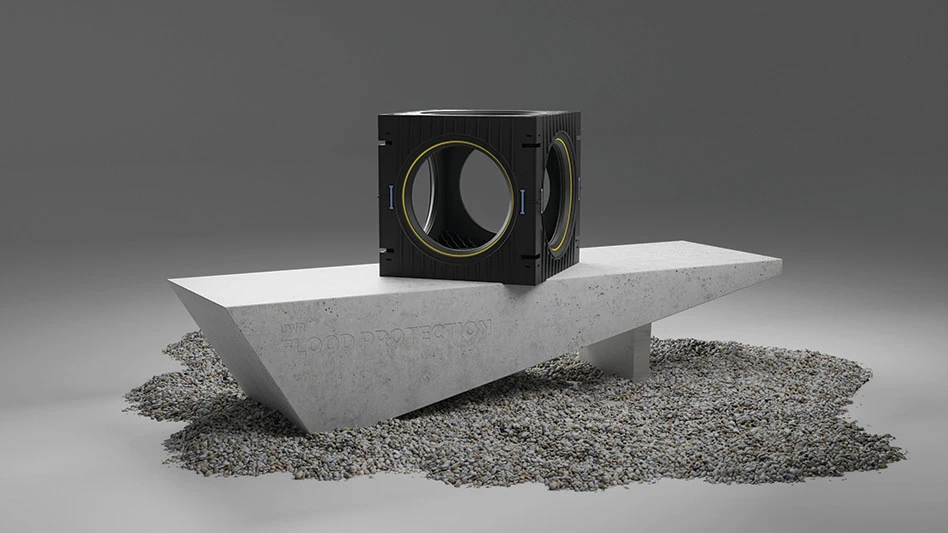
Oslo-based Blastr Green Steel has signed a letter of intent (LOI) with the Teesside, United Kingdom, location of Redcar Bulk Terminal (RBT) to explore the opportunity for RBT becoming the location for Blastr´s direct-reduced iron, or DRI, pellet plant for supplying feedstock to its steel plant being developed in Inkoo, Finland.
According to Blastr, the potential location in northern England would host a plant designed to convert iron ore pellet feed into direct-reduction pellets.
“Recycled scrap metal is indeed planned to be used as feedstock for the steelmaking process," Blastr spokesperson Minna Sundelin told Recycling Today earlier this year. "The Blastr project is still in an early development phase, and the company is in a process of defining the scope of the use of scrap.”
The planned DRI investment indicates Blastr has more extensive plans for the use of scrap alternatives. Blastr says it would use half of an anticipated 6 million tons per year of DRI to be produced in Teesside as feedstock at its planned “ultra-low CO2 steel plant” to be located in Inkoo, Finland.
Approximately half the pellet volumes will go to Blastr’s steel plant at Inkoo while the rest will be sold by Cargill Metals for distribution to what it calls a growing world market for DRI.
Last week, Blastr announced it had signed a framework agreement with United States-based Cargill pertaining to the supply of iron ore to the proposed Blastr Pellet Plant, offtake and selling of direct-reduction (DR) pellets, hot briquetted iron (HBI) and ultra-low CO2 steel products, scrap sourcing, green shipping and logistical solutions, and working capital and risk management services.
Blastr previously announced it was exploring Gildeskål municipality in Norway as location for its pellet plant. “This option has stalled after the Norwegian grid authority confirmed that Blastr will be unable to receive the grid capacity in the required time frame,” Blastr says. The steelmaker therefore says it “continues to explore alternative locations for its pellet plant in both Norway and the U.K.”
‘’RBT is an attractive location, offering access to a deep-water port, good grid connection and access to the required utilities,” Blastr Green Steel CEO Hans Fredrik Wittusen says. “The Teesside industrial region offers potential synergies with companies developing green industries, including near-term projects to expand offshore wind, hydrogen and the development of the Net Zero Teesside industrial cluster.’’
Blastr says it plans to decide on the pellet plant location before the end of this year “to enable detailed engineering and permitting to commence.”
The company also expects to make the final investment decision for the DRI plant, which carries a price tag of some $1.28 billion, in 2025, with a tentative plan to start operations in 2027.
“RBT is keen to attract the project to our site which is directly adjacent to the port,” says Shaun Casey, general manager of RBT. “We see an opportunity to bring highly skilled jobs and regeneration to the area through the construction of a modern pellet plant and the redevelopment of the port."
Get curated news on YOUR industry.
Enter your email to receive our newsletters.
Latest from Recycling Today
- Enfinite forms Hazardous & Specialty Waste Management Council
- Combined DRS, EPR legislation introduced in Rhode Island
- Eureka Recycling starts up newly upgraded MRF
- Reconomy Close the Gap campaign highlights need for circularity
- Nickel carbonate added to Aqua Metals’ portfolio
- EuRIC, FEAD say End-Of-Life Vehicle Regulation presents opportunity for recyclers
- Recyclers likely to feel effects of US-China trade war
- BCMRC 2025 session preview: Navigating battery recycling legislation and regulations





